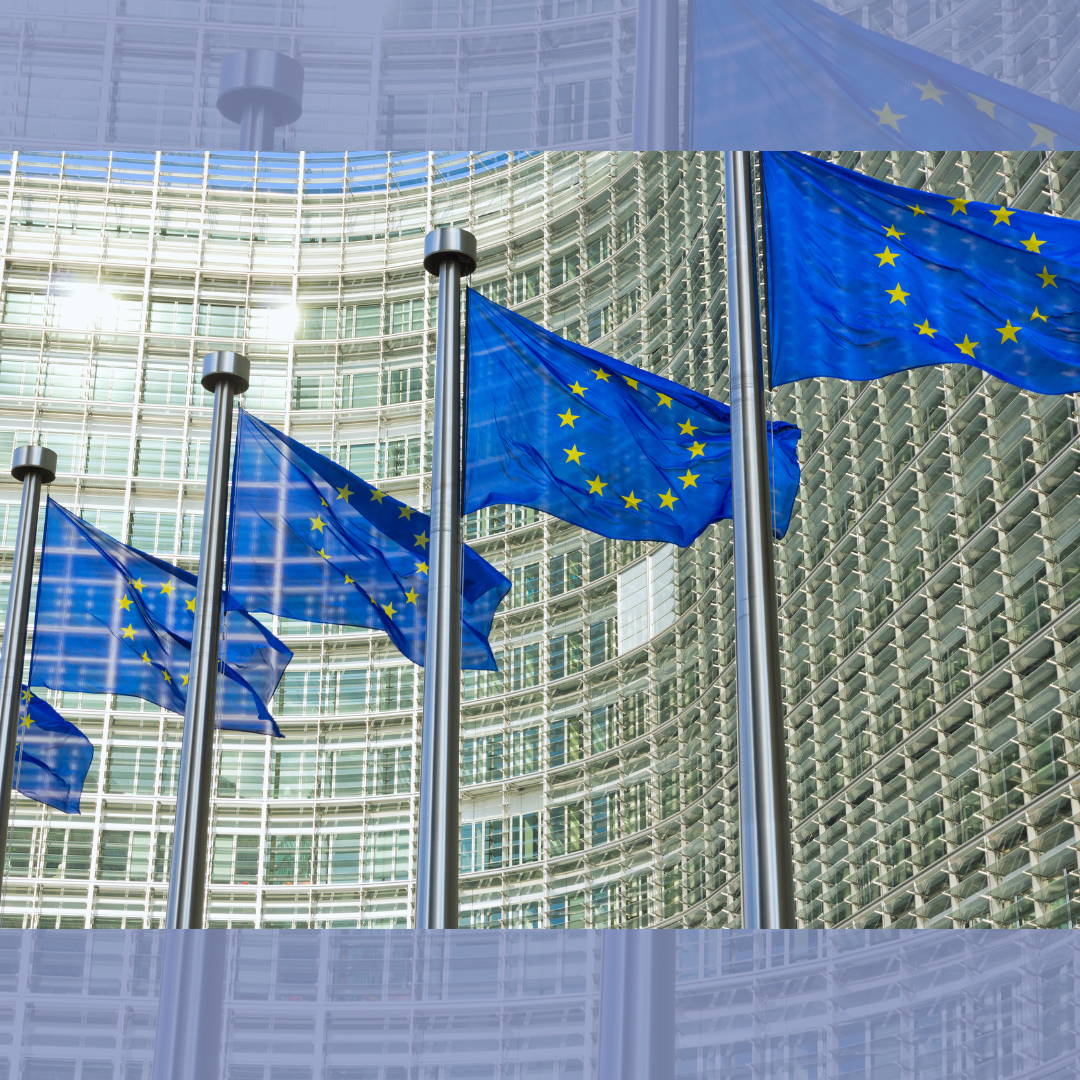Marco Ziliotti
Imagine being able to have a virtual purse, embedded in your smartphone – or computer – or in a card, allowing you to make payments accepted anywhere, without commissions or other costs (neither for you nor for the recipient); which would work even offline, in the most remote mountain retreat or when the internet goes down; which would allow, again without cost, to transfer purchasing power in real time to a family member whose wallet has been stolen while travelling abroad; which, unlike credit transfers, credit and debit cards, is not only, as mentioned above, free of charge, but does not even require a bank account; which, however, if you already have one, can allow you (via a so-called reverse waterfall mechanism) to draw on your existing funds; in short, a means of payment as simple and universal as cash, but which, unlike cash, thanks to its immateriality, can be used without physical transfer and held minimising the risks of fraudulent misappropriation.
In fact, there have been digital wallet systems on the market for years (including the most popular apps PayPal, Google Pay, Apple Pay, Amazon Pay), but first of all, their functioning depends on internet coverage and, moreover, they are instruments managed by private entities, mainly from across the Atlantic, which, among other things, take possession of all the information relating to the transactions carried out.
The digital euro, on the other hand, in the same way as the physical euro, will be a means of payment managed by an authoritative public institution, the ECB, with all the necessary guarantees (including that of having a ‘domestic’ manager, a non-trivial element in times of great geopolitical uncertainty). The legislative project for the establishment of a European CBDC (Central Bank Digital Currency) – similar projects in the US and China are, moreover, at an advanced stage – is contained in the ‘Regulation of the European Parliament and of the Council on the establishment of the digital euro’, which, after a preparatory phase that began in November 2023, envisages that in a year’s time the Governing Council of the ECB will move on to the operational phase, establishing the detailed methods and timing (rulebook).
The diffusion of the virtual European currency will therefore probably begin in 2026, with the obligation to accept it as a means of payment not only in the twenty countries of the Eurozone, but in all twenty-seven of the EU, with the well-founded expectation that in a short time, in the same way as the physical euro, the digital euro will also be accepted in all – or almost all – countries of the world.
The precise aim of the European authorities is that the digital euro should only be a means of payment and not a reserve of value (i.e. an asset in which to invest one’s wealth). To this end, it is envisaged that sums held in digital euros will not bear any interest and will be subject to strict quantitative limits at the individual level (businesses will only be able to receive it in payment). These constraints will also serve to avoid disintermediation effects and thus displacement of the banking system: bank deposits will continue to be the typical form of reserves of liquid assets.
This nature as a mere means of payment, and not as a potential speculative asset, also highlights how the digital euro is in no way comparable to cryptocurrencies (Bitcoin, Ethereum, Tether, Solana, etc.): these in fact, as is well known, have no guarantee of legal control, but rather systems based on distributed technologies, such as blockchain, and are typically used as forms of speculative investment, which are highly volatile.
The digital euro, on the other hand, will be subject to precise controls by the ECB, which, in accordance with its precise institutional mandate, will therefore have to guarantee its security – first and foremost against cybercrime -, the stability of its value and, no less important, the protection of privacy. The latter is a particularly sensitive issue: the frequent use of cryptocurrencies for illicit purposes suggests that digital currencies, like cash, may also be used for illegal purposes. It will be up to the intelligence of the regulator to find the right balance between fighting financial crime and economic freedom.
Translated with deepl edited by Edward Lynch



